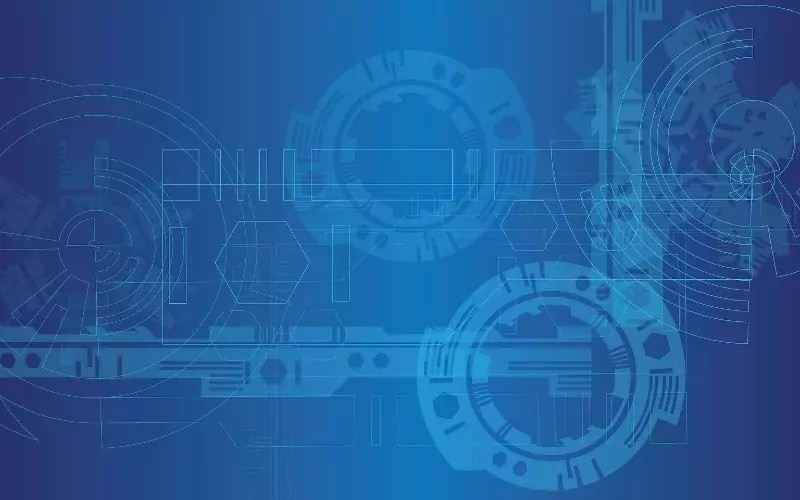The oil and gas industry is rapidly evolving, bringing new opportunities for women. With technological advancements reshaping the sector, founder of PCL Group, Jeanette Forbes, shares her insights.
Jeanette Forbes has observed significant changes in the industry, highlighting the increasing role tech plays in creating a more inclusive environment. According to her, the integration of technology is pivotal in offering women more opportunities.
Technological Advancements Transforming the Sector
The integration of technology into the oil and gas sector is revolutionising traditional roles. With automated systems and enhanced sensors reducing the need for manual labour, the industry is becoming more accessible. Jeanette Forbes notes that this shift is creating room for women, leveraging their expertise in computing and administrative skills.
Forbes points out that the evolution from physical tasks to tech-driven processes is significant. This transition opens up roles for women, traditionally seen as administrative, in technical environments. Women can utilise their keyboard skills extensively in this high-tech era.
Overcoming Barriers in a Male-Dominated Industry
Historically, the oil and gas industry has been dominated by men, with women often confined to secretarial roles. This trend is changing as firms recognise the necessity of diverse perspectives.
Economic shifts and technological progress have challenged the status quo. Forbes emphasises the need for education and understanding to bridge the gap between traditional practices and modern technological demands.
Despite hurdles, women are making their mark. The industry’s evolution is leading to new opportunities that were previously inaccessible. Forbes encourages women to pursue tech roles without hesitation, overcoming the barriers that once limited their potential.
PCL Group’s Role in the High-Tech Transformation
PCL Group stands at the forefront of this transformation, providing IT services globally. Forbes states, “We supply IT companies worldwide with the highest standard of technical delivery.”
Remote work capabilities have revolutionised how services are delivered. Forbes highlights the importance of global connectivity, allowing operations to be managed efficiently from anywhere, including their base in Aberdeen.
Such advancements not only reduce operational costs but also open up jobs for skilled women. Forbes sees the digital shift as a crucial factor in enabling women’s participation.
Future Prospects for Women in Oil and Gas
The oil and gas sector is poised for a new era, promising numerous opportunities for women. As the industry navigates through economic fluctuations, the demand for skilled professionals remains high.
Forbes expresses optimism about the future. She acknowledges the challenges but views them as part of the industry’s innovative transition. This progressive change includes the inclusion of women in various capacities.
Forbes asserts that the future lies in embracing change and educating people about the benefits of technology. By doing so, the industry can foster a more inclusive environment.
Education and Training: The Gateway to Success
Educational initiatives are essential in preparing women for technical roles in the oil and gas sector. Forbes believes that continuous learning is key.
Training programmes targeting women can enhance their skills, enabling them to contribute effectively in tech-oriented positions. The focus on education underscores its importance in achieving gender parity.
By equipping women with the necessary skills, the sector can build a diverse workforce ready to tackle future challenges. Education and training are fundamental in this transformative journey.
Addressing Misconceptions and Building Understanding
Forbes identifies misunderstanding and lack of awareness as major hurdles in the industry’s tech adoption.
Addressing these misconceptions is crucial for a smoother transition to a tech-driven sector. Efforts must be made to educate both men and women on the potential benefits.
Forbes stresses the importance of asking questions and seeking clarity, fostering an environment of growth and understanding. Overcoming misconceptions will pave the way for greater acceptance of women’s roles in this evolving landscape.
Conclusion
The oil and gas industry is at the cusp of a technological revolution, promising a brighter future for women. By embracing tech advancements, education, and inclusivity, the sector can fully realise its potential.
As the oil and gas industry continues to evolve, the integration of technology serves as a beacon of opportunity for women. By breaking down barriers and fostering understanding, the sector positions itself for a more inclusive and prosperous future.
With leaders like Jeanette Forbes advocating for change, women are well-placed to make significant contributions. The industry’s transformation paves the way for enhanced gender diversity and innovation.


